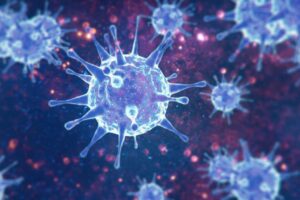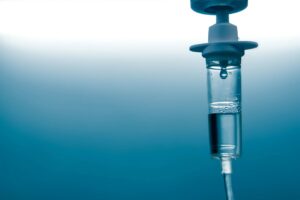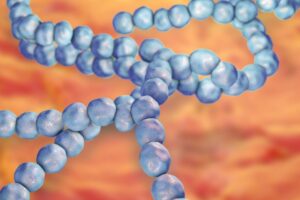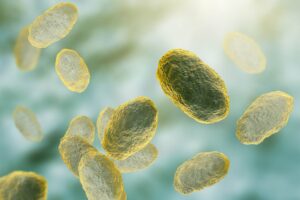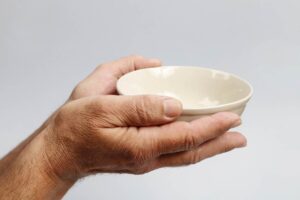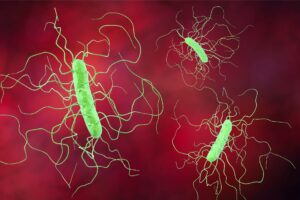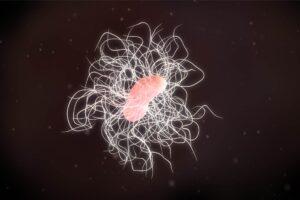infections
Pediatrics, Pneumology
Early viral encounters are associated with disadvantageous immune and microbiota profiles, as well as recurrent respiratory infections. A new study published in Nature Microbiology claims.
Gastroenterology, Pneumology
Profiling the bacteria and viruses residing in the human body could help to diagnose different pathogens and develop new targeted interventions.
Gastroenterology, Oncology
Chemotherapy treatment and intestinal diseases can alter the process of programmed cell death, which can lead to gastrointestinal tract's infections.
Pneumology
The Integrative Microbiomics tool could potentially delineate subtypes of bronchiectasis and other heterogeneous respiratory diseases.
Otolaryngology
S. mutans produces tryglysin to inhibit the growth of competing species, including other streptococci that could cause opportunistic infection.
Pneumology
The manipulation of microbiota could improve the outcomes of infections in the respiratory tract cause by opportunistic pathogens.
Pediatrics
A new study shows that breast milk can be protective against viral infections by reducing the accumulation of potentially harmful human viruses.
Gastroenterology
A study, published in Cell Host & Microbe, suggests why undernourished people may be more susceptible to intestinal infections than healthy individuals.
Gastroenterology
The largest study of fecal microbiota transplant in the UK shows that the procedure can successfully treat patients with C. diff infection.
Gastroenterology, Infectiology
A new study published in Nature Microbiology shows that the risk of colonization with C. difficile is highest during recovery from acute diarrhea.

